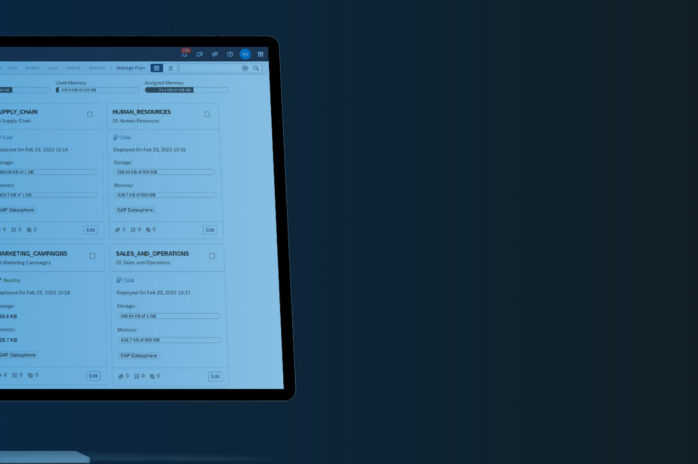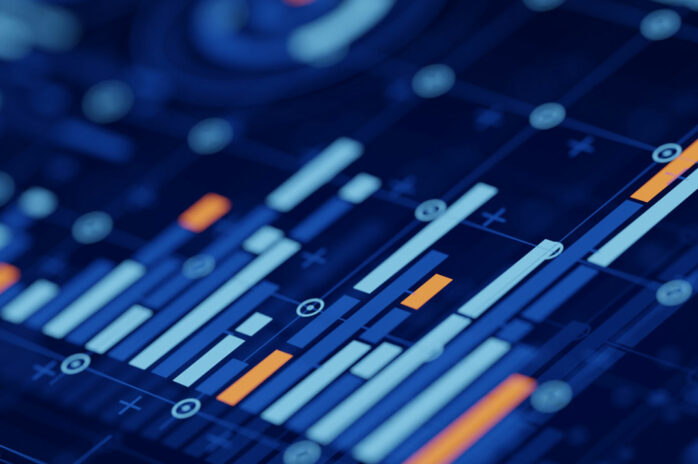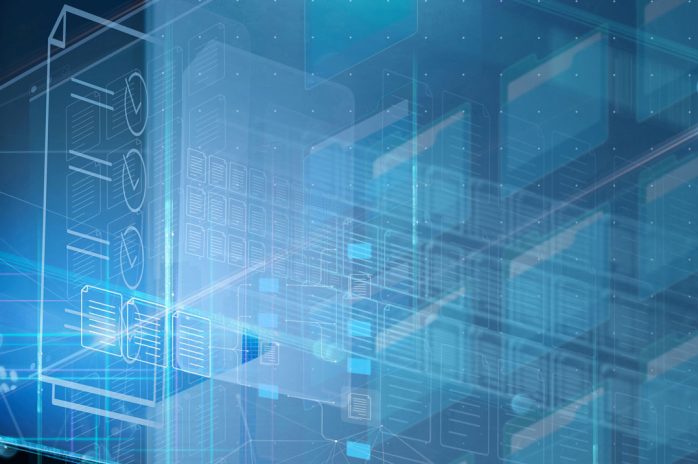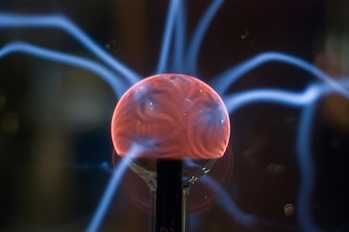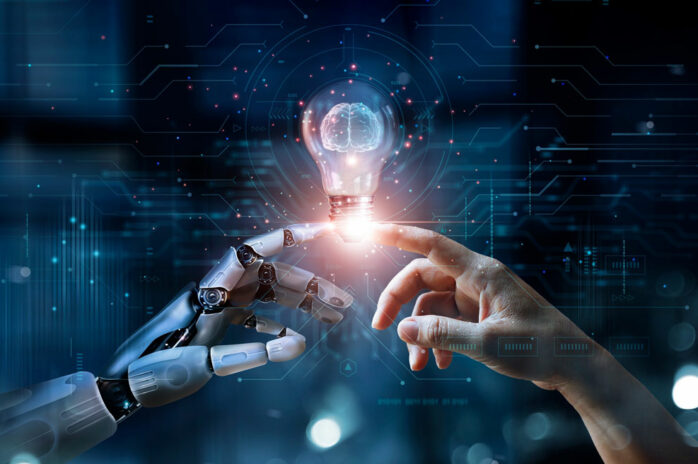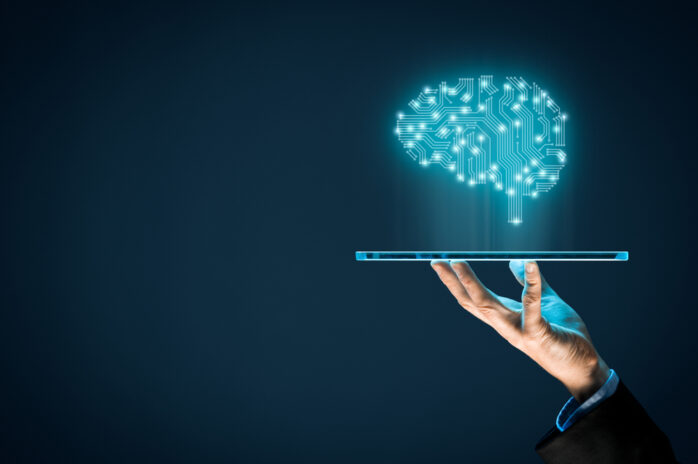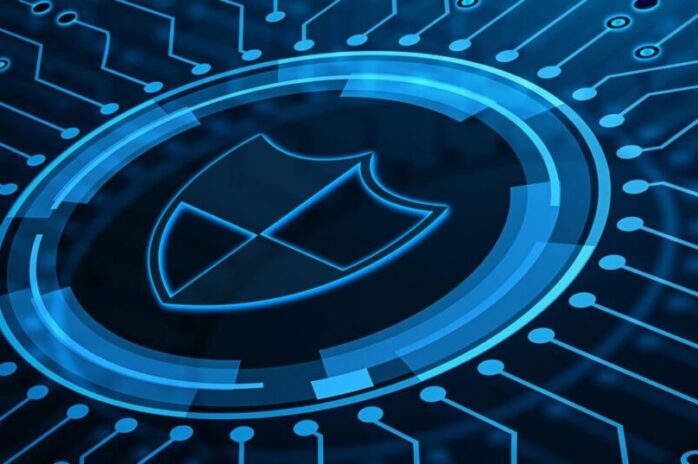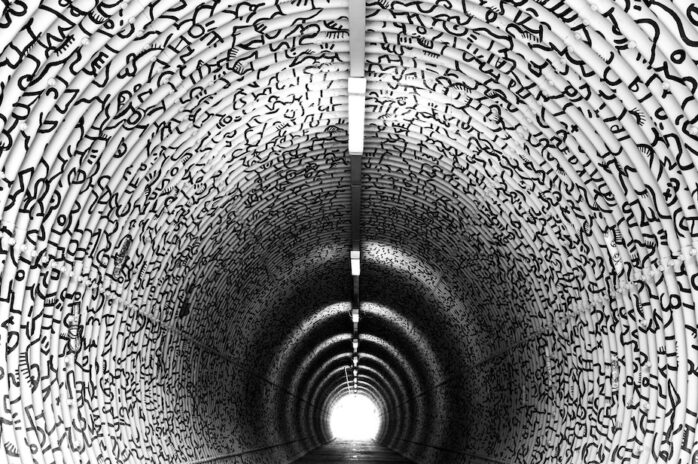As the pace of technological innovation accelerates, two of the most transformative forces – artificial intelligence (AI) and blockchain – are converging to enable a new generation of decentralised, intelligent applications.
This convergence promises to redefine trust, autonomy, and data integrity – particularly in a not-so-far off future where quantum computing threatens to undermine current cryptographic foundations.
Why Blockchain and AI Are Stronger Together
While blockchain offers immutability, decentralisation, and transparency, AI delivers intelligence, automation, and adaptive decision-making. When integrated, they address each other’s limitations:
Trustworthy AI: Blockchain can verify the integrity of data used in AI training, enabling transparency in otherwise opaque models.
Creator Recognition: Blockchain can help to recognise creators contributions to the data in which AI is trained upon, thus allowing for a fairer and more ethical system.
Autonomous Agents: AI-powered smart contracts allow for decentralised systems that evolve based on real-time data—relevant in supply chain optimisation, decentralised finance (DeFi), and smart infrastructure.
Secure Data Exchange: With privacy-preserving mechanisms, blockchain can underpin data marketplaces where AI is trained on distributed datasets without compromising privacy or ownership.
Preparing for the Quantum Threat
Quantum computing poses a significant risk to current cryptographic standards such as RSA and ECC, which underpin most popular blockchain platforms today. In response, global cybersecurity bodies are pushing for post-quantum cryptography (PQC) adoption.
In the UK, the National Cyber Security Centre (NCSC) has made it clear that this is not a theoretical concern. Their guidance urges all organisations to start preparing now, particularly those handling sensitive or long-retention data, as quantum-capable adversaries may already be harvesting encrypted data for future decryption.
The thought of a ‘quantum-capable adversary’ that may already be harvesting encrypted data for future decryption is worrying, especially for those affected by the LastPass breach – where a large part of the guidance was ‘not to worry so long as you have a strong master password’. A post-quantum system would be able to crack those valuts with ease…
Post-Quantum Blockchain-AI Synergies
The blockchain-AI relationship will need to evolve in tandem with quantum-safe architectures. Here are a few examples:
1) Quantum-Resistant Ledgers: Blockchains must migrate to PQC to maintain transaction security and data immutability. By failing to do this, blockchains may be subject to Private Key Recovery attacks (using Shor’s algorithm) where a quantum system could effectively factor the public key to derive the Private Key, giving the attacker full control of the blockchain.
2) AI for Quantum Threat Detection: AI can play a critical role in detecting anomalies or threats stemming from quantum-enabled attacks; a good example being above where an attacker could create an alternative ledgers history, effectively forking an alternative chain and promoting their version as the legitimate version (given enough hash power).
3) Secure Federated Learning: Blockchain-backed, post-quantum federated learning will enable AI training across distributed data without compromising security or compliance.
Emerging Use Cases
A number of forward-looking applications are already being explored:
1) Decentralised AI-as-a-Service: Trustless platforms for deploying and monetising AI models via smart contracts, where AI governance becomes transparent and easily verifiable.
2) Self-Sovereign Identity (SSI): AI-enhanced digital identity systems anchored to tamper-proof, quantum-safe blockchains.
3) Autonomous Legal Engines: AI-driven compliance tools and legal contracts enforced on decentralised, quantum-secure ledgers.
Conclusion
The fusion of AI and blockchain is not just a technological advancement, it is a strategic necessity in a post-quantum world. Together, they offer decentralised intelligence that is auditable, adaptive, and resilient.
Organisations should begin evaluating their cryptographic dependencies and AI infrastructure in light of these converging trends.
As the NCSC emphasises, the post-quantum future is not science fiction, nor is it a nascent threat, but it is an imminent operational reality which demands concerted and deliberate action today.
Talk to Codestone today.


































